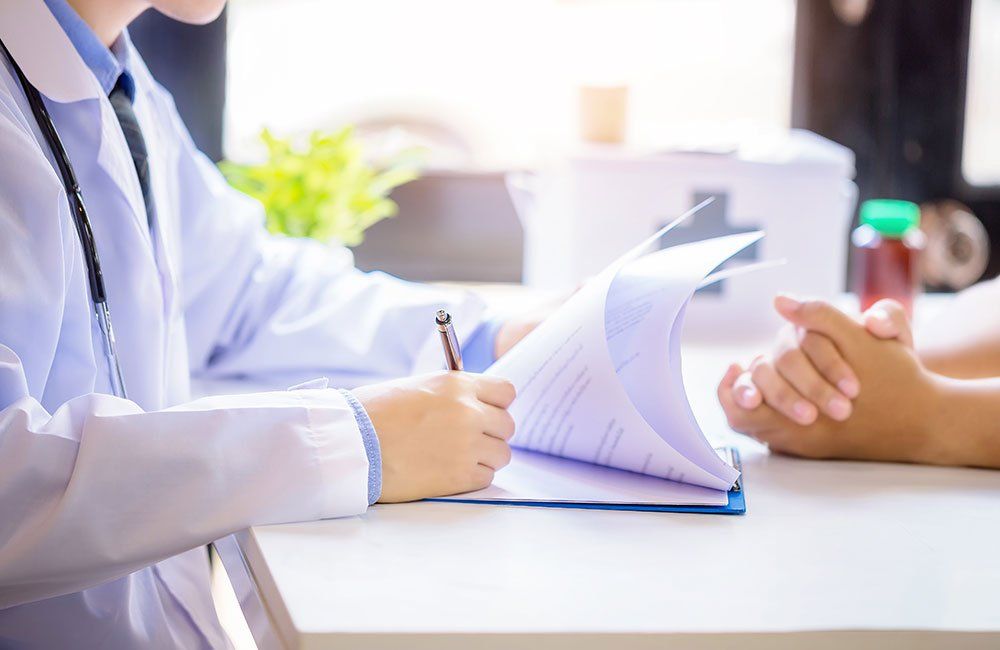Ipswich Digestive Health Group
Risks
Learn More
Risks of Colonoscopy
Colonoscopy is a very safe procedure for the majority of people. We go to great lengths to try and minimise risks and potential side effects. Below are some of the potential complications which can occur.
Minor temporary changes in bowel habit and wind-type symptoms are common immediately after colonoscopy, and if you have any concerns you should contact your doctor or the hospital without delay.
Risks of Colonoscopy



